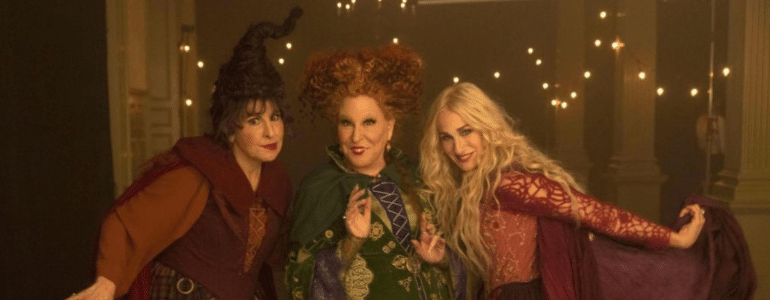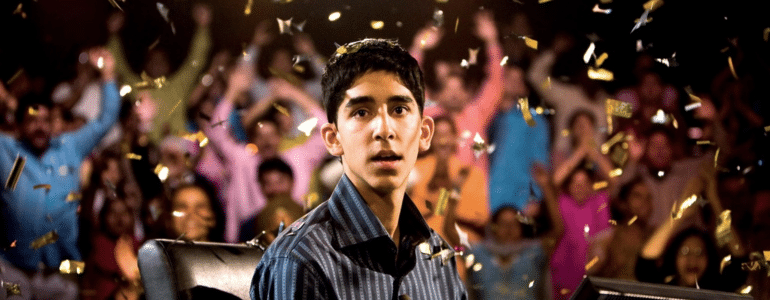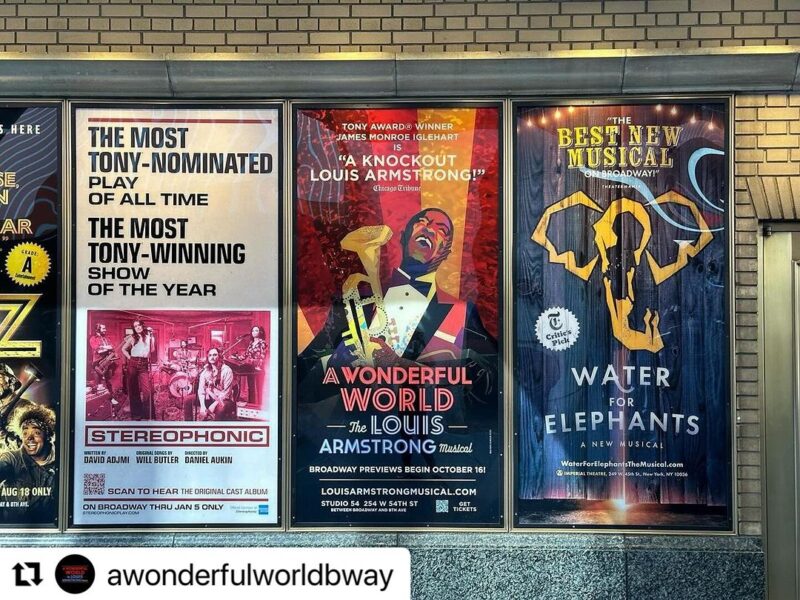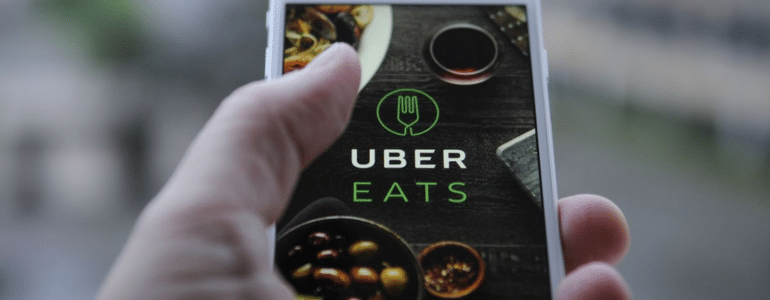How would you deal with a social media disaster?
I recently participated in a very creative panel called “Staged Social Media,” put together by Situation Interactive. A bunch of the talented staff at Situation (who said folks in the tech world can’t act?) read scripts of social media disasters, like the Dave Peck JetBlue soap opera, the Greenpeace vs. Nestle grudge match (the video is not for the faint of heart), and a couple of positive stories as well, including our industry’s own Wicked making a cancer patient’s dreams come true by performing in her own home because she was too weak to attend the show.
After each scene was staged, the room and my fellow panelists commented on whether or not we would have handled anything different.
It was a fun event, and I grabbed a few take-aways that I thought I would share with you:
- Social media communication with your customers is personal. E-Speak to them to them as you would a friend . . . or better, someone that you want to date, and maybe, someday, marry.
- Southwest Airline’s “tweet” to Dave Peck about where he was and what he was doing took their relationship to the next level.
- You can’t fight a social media movement. In other words, lawyers are not always right.
- Nestle’s lawyers trying to remove the video from the net, and their social networking strategist attempting to delete comments on their wall, only made the people more passionate about being heard.
- Empowering your brand ambassadors (aka customer service agents) to go above and beyond the customer service call of duty creates loyal customers that will spread your message for you.
- The Wicked event was organized single-handedly by the Company Manager of the show. The CM got a letter, and knew that organizing that visit was not only part of Wicked‘s “For Good” mission, but it was also just a beautiful thing to do . . . and that’s never wrong.
- And no one is empowered more than the agents at Zappos, who constantly upgrade shipping and have even sent flowers to customers . . . just because.
- The best social media stories are plain old-fashioned human interest stories that can’t be manufactured by a press department.
It was a very unique night (and I encourage all the people out there who plan panels to take a cue from this one . . . they don’t have to all be sit-and-speak), and as you can see, it was also very educational.
The question did come up about whether or not social media has a direct impact on the bottom line of a business.
My answer is this . . . despite its appearance, social media is not a direct response mechanism. It’s social, by name and by nature.
Think of it this way . . . if It meet someone on the street, and I say, “Hi, I’m Ken.” And they said, “Hi, I’m Barbara.” And then I say, “Barbara, buy this from me, buy this from me, buy this from me!” Do you think Barbara is going to want to talk to me, hang out with me . . . “marry” me?
Nope. She’s probably going to avoid me at all costs.
Social media is not about selling. It’s about building awareness, making passionate users even more passionate, and communicating with your customers when you normally can’t (which is a necessity in our business, since we sell through third party providers that we don’t control (online ticketing agents, box offices, etc.)).
Anecdotally, let me say this . . .
In the past month, when I needed a tax attorney, a real estate agent in Boston, a piece of art for my living room and a plot line for a script I’m working on . . . I asked my friends on Facebook.
And I found every one of those things within 2 hours.
That’s gotta contribute to someone’s bottom line.
Podcasting
Ken created one of the first Broadway podcasts, recording over 250 episodes over 7 years. It features interviews with A-listers in the theater about how they “made it”, including 2 Pulitzer Prize Winners, 7 Academy Award Winners and 76 Tony Award winners. Notable guests include Pasek & Paul, Kenny Leon, Lynn Ahrens and more.















